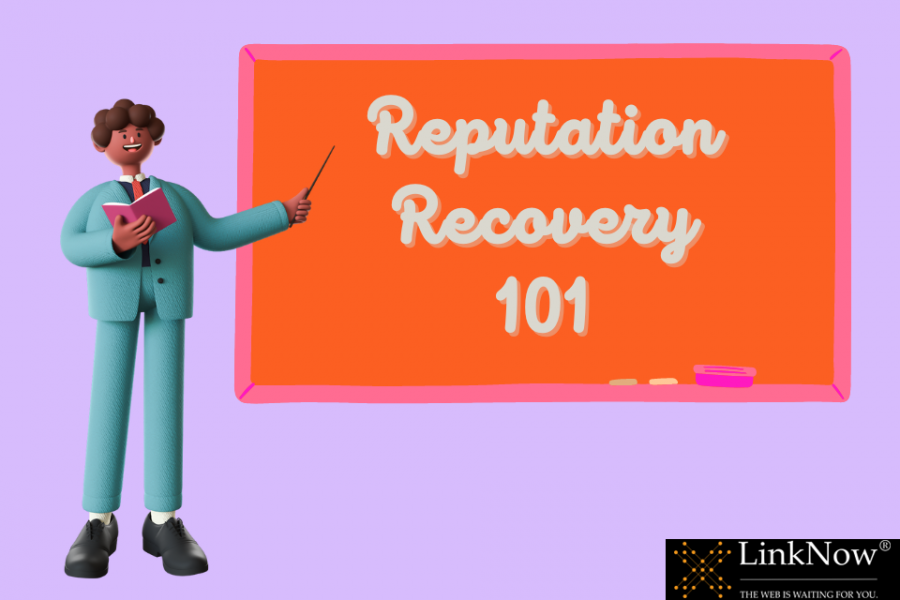In the age of the internet, your online reputation is more important than ever. One bad review can tank your business. So what do you do if you find yourself in the unfortunate position of having a bad online reputation?
Here are a few tips to get your business back on track:
1. Google Your Business
Whether you like it or not, your online presence is a big part of your overall reputation. If you want to maintain a positive image and make sure people see you in the best light possible, you must take the time to Google your business from time to time.
This will allow you to see exactly what others say about your product/service online – both good and bad.
If your online presence doesn’t look as good as you had hoped, don’t panic! You can still take steps to get your reputation back on track and ensure a brighter future for yourself online.
2. Create Positive Content
Once you know what people are saying about you, you can start working on creating positive content to counteract the negative.
This can be in the form of blog posts, articles, press releases, or even social media posts. Anything that paints you in a positive light will help to improve your online reputation.
These can help shift the narrative from negative to positive. With time and effort, you can use these kinds of content to shape your online reputation into something that truly reflects the best qualities of your business.
3. Reach Out to Your Critics
Getting criticism is never easy, but it’s important to listen to what your critics say, even if you disagree with their opinions.
By taking the time to understand their perspective and the reasons behind their critiques, you can gain valuable insights that will help you refine your approach moving forward.
And once you’ve addressed any issues raised by your critics, you can focus on winning them over by demonstrating that you’ve taken their concerns seriously.
Ultimately, reaching out to your critics will help build your reputation for openness and honesty and bolster your influence and impact in the long run.
So don’t be afraid to take that first step – critical feedback can help propel you to success!
4. Seek Professional Help if Necessary
If your online reputation is in shambles, you may be at a loss as to how to repair it. After all, building a positive online presence takes time and energy, and recovering from a few missteps can seem like an impossible task.
But rest assured that there is hope – no matter how badly things seem to be going for you online, you can always turn things around if you put in the effort.
One surefire way to give your reputation the boost it needs is to seek professional help. There are companies that specialize in managing online reputations, and their expertise and experience can make all the difference when it comes to repairing damaged standing.
In many cases, they will start by checking your posts and websites to determine exactly where things need to change. Then they will create a customized plan for getting your name back into good standing with your audience through targeted content creation or outreach efforts.
Final Thoughts
Bad things happen to good people—and businesses. If you find yourself in the unfortunate position of having a bad online reputation, don’t despair! You can turn things around with a little hard work and creative thinking and start rebuilding your good name.
Want more tips on how to improve your online reputation? Check out our other blogs for more helpful advice!










